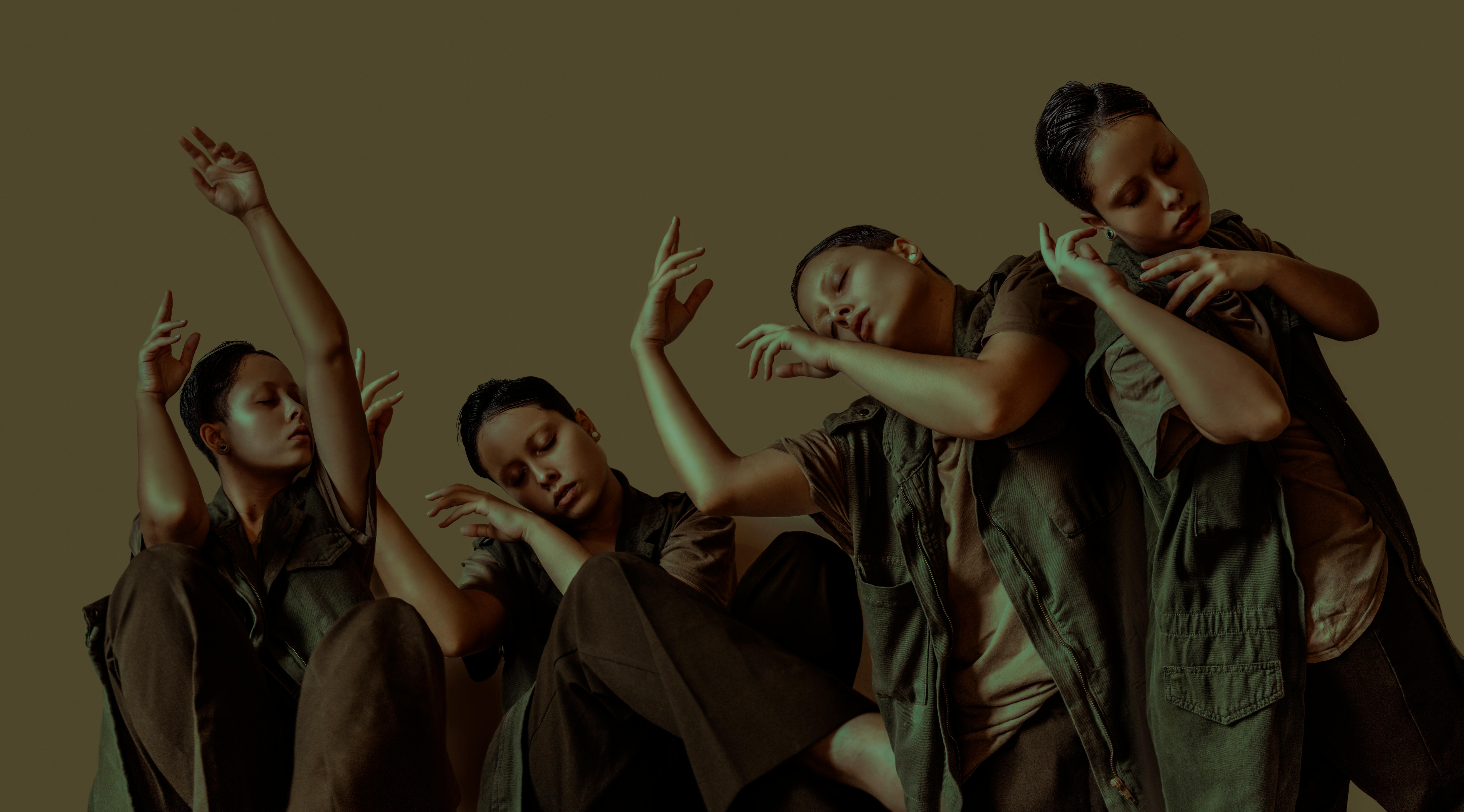I’ve spent a lot of time defining and explaining the terminology involved in various pelvic pain conditions, but what about the emotional side?
Not only do psychological elements play a huge role in contributing to pelvic pain, they also continue to affect the outcome of your efforts to treat it.

So what do you do? How do you combat the anxiety, depression, and hopelessness that come along with chronic pain?
I think we can all agree that the first feeling we experience after our diagnosis is isolation.
It’s incredibly alienating to find out you have a medical condition you’ve never heard of before because you figure no one else will have heard of it either. You feel alone, lost, and often even ashamed.
It’s really important not to play the blame game once you know what’s going on with your body. It’s not your fault.
I remember seeking out a neurologist at the recommendation of my gyno to get a second opinion on whether taking Lyrica for nerve pain would help me cure my vaginismus.
I was telling the neurologist my life story and said “Yeah, I quit gymnastics as a child because my doctor said it was giving me scoliosis and then I quit teaching as an adult because all of the bending and lifting was giving me sciatica. I wish I’d stopped these sooner before so much damage was done.”
He got really serious and responded “Look at me. This is not your fault. None of this is your fault. You are not to blame for any of these issues with your body.” It was the kindest thing any physician had said to me yet and it came from an old, white man. I took a deep breath and let all of those feelings go.

As much as discussing private matters can be embarrassing, I encourage every woman to do so. It’s 2020 and up to us to no longer make topics concerning our health taboo. Some of us don’t have supportive families, or may even have developed a skewed reality as adults from the trauma in our childhood based off how we were raised. If this is the case for you then make sure you have someone else to confide in.
I strongly recommend speaking with a therapist, whether it be a relationship counselor, psychologist, or someone you just found online who can do Telehealth appointments with you at this time.
It’s very important to dig deep, no matter how uncomfortable, to discover the root cause of any negative emotions you harbor about sex, relationships, or anything else playing a role in your medical conditions.
Beyond this, it’s also helpful to have a confidant in a close friend.
Most people don’t want anyone at their job to know what they are dealing with, but I’ve always found it incredibly relieving to have a coworker in the know about my vaginismus. This way someone is aware of the real reason why I take off for so many doctor’s appointments, why I’m in therapy, why I sometimes come to the office with red, swollen eyes from crying. Especially when I had surgery and my coworker came to visit me in the hospital, it was such a source of comfort.
People may also surprise you. When you share your innermost secrets about your body’s ailments you often receive a similar confession in response: I had an episiotomy after giving birth to my son, I had pain as a teen and had to be circumcised in my 20’s, or I also can’t get pregnant because I have PCOS, endometriosis, etc. These are all things I’ve been told after revealing my secret.

Some women experience a great sense of calm and relief from meditation. Deep breathing, thinking, and distancing yourself from all of the negativity can be greatly uplifting to your core. These days there are apps specifically designed to help you unwind that can be downloaded on your phone.
You can also reach out to a spiritual healer for assistance on how to approach meditating.
I attended an all day women’s health seminar hosted by FemTech where I had the opportunity to attend a course about somatic healing by Zahara where she guided us in meditation. The mind body connection involved in vaginismus in particular is very strong so something like this could be quite useful for someone in the early stages of retraining her brain to not fear penetration. If you are interested in learning more about Zahara’s approach and joining her Ahora circle you can read more here.
When we open up about our struggles we can be met with empathy, sympathy, or sometimes even pride for our strength after what we’ve been through. Nothing boosts my spirits more than when a friend tells me they are proud of me or could never keep fighting as long as I have (going on 8 years now).
It means they truly understand the battle that is being up against chronic pain every day, how it literally feels like your body is waging a war against you that you can’t win.
But that’s where your inner empowerment must shine through, because you can in fact win. Maybe your life won’t resemble that of your neighbor, mother, or best friend, but you still have one to live. You have the capacity to inspire others on your journey and be a symbol of strength and resiliency so always remember that on the days when you feel the most down.
You’ve got this, babe, and on the days when you are in utter despair, just turn to your online gal pals, because you have a world full of women out here who are ready to back you up.
– Krista (33 years old, Houston, USA)
P.S. I invite you to check out my blog Chronicles Of A Broken Body.




